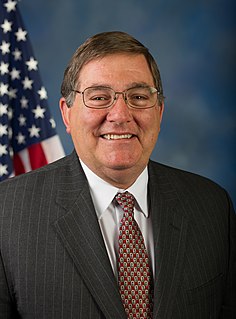A Quote by James Lileks
Ah, if only the best place for storing embryonic stem cells was Yucca Flat.
Quote Topics
Related Quotes
Both in Britain and America, huge publicity has been given to stem cells, particularly embryonic stem cells, and the potential they offer. Of course, the study of stem cells is one of the most exciting areas in biology, but I think it is unlikely that embryonic stem cells are likely to be useful in healthcare for a long time.
The average person doesn't understand what a stem cell is. There's a lack of health literacy in our nation. So the public can't really get into this dialogue because they don't understand the complexity of stem cells, not the faith-based approach, not the ideological or political, but the science behind stem cells.
































